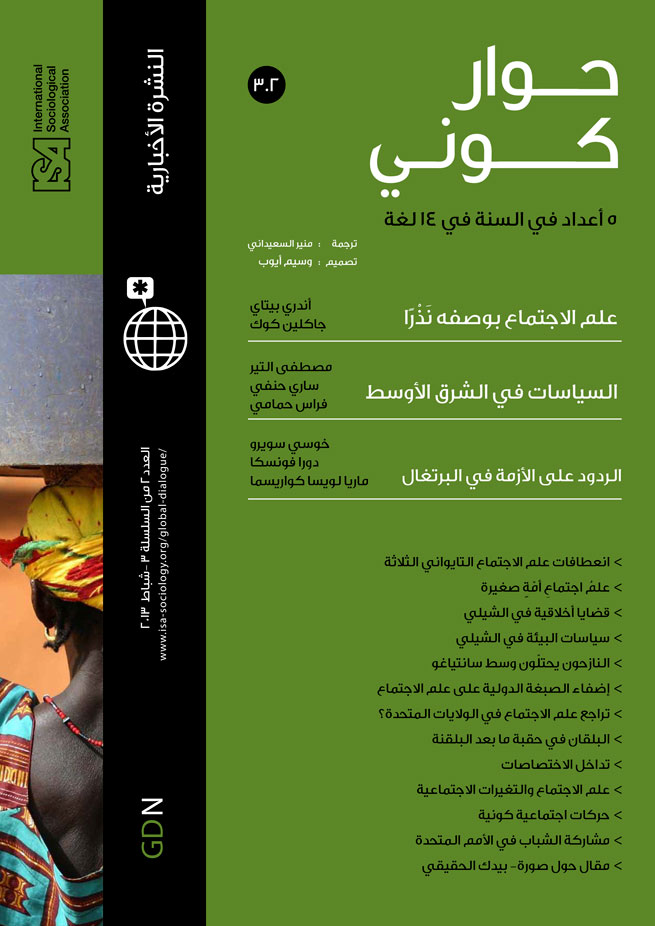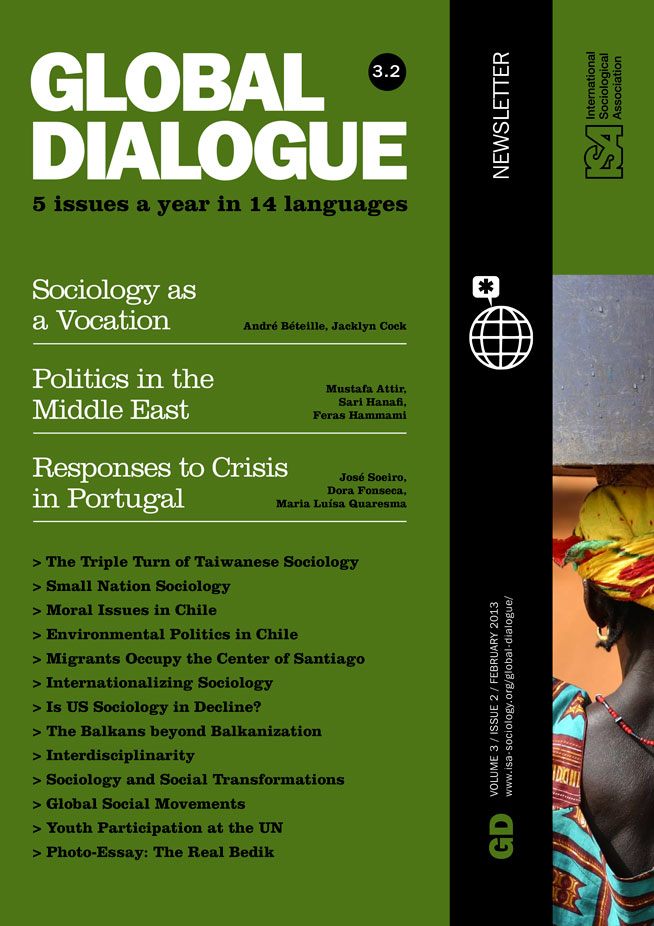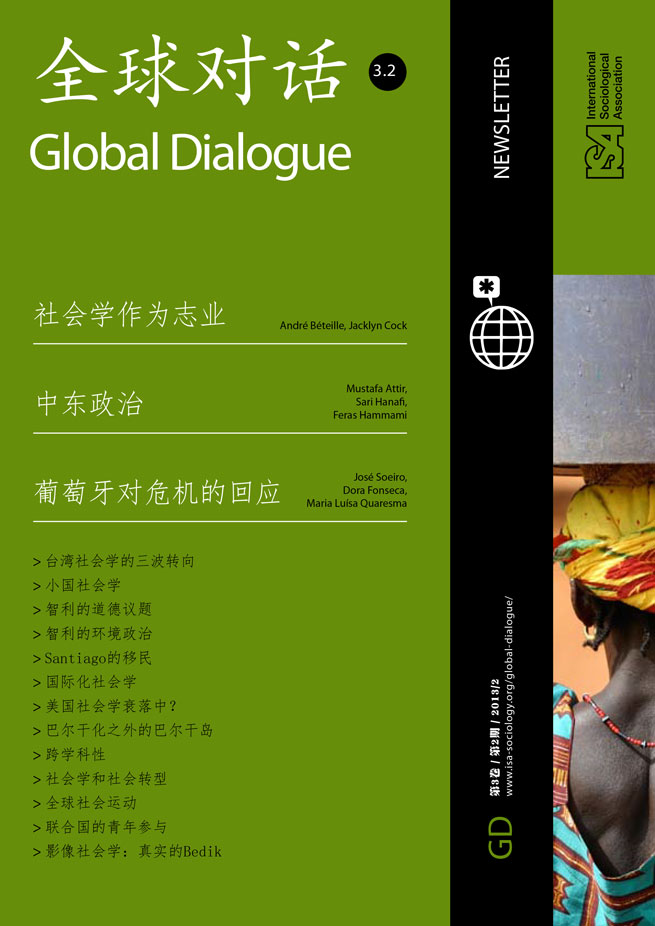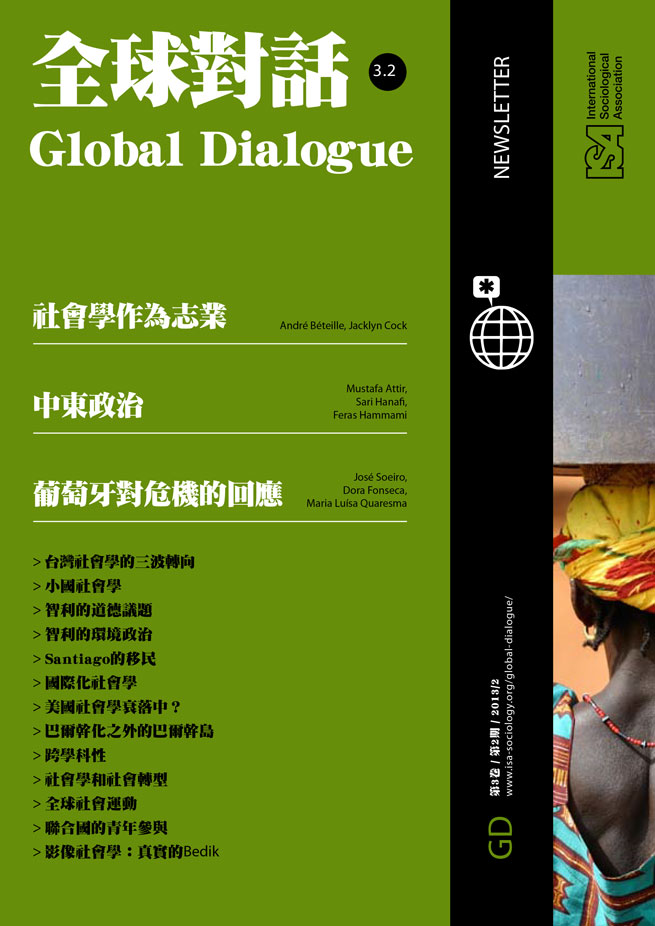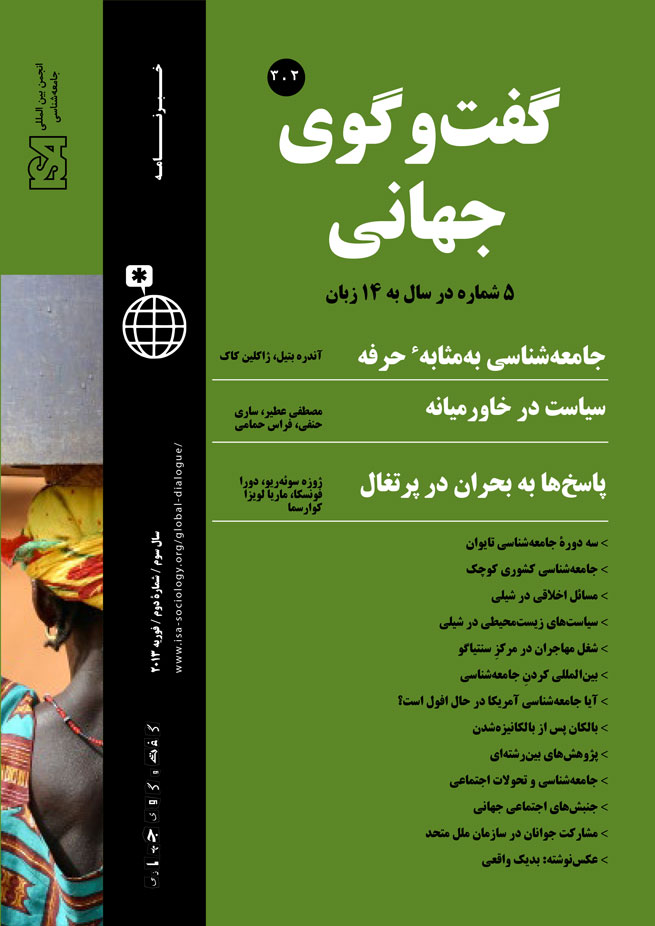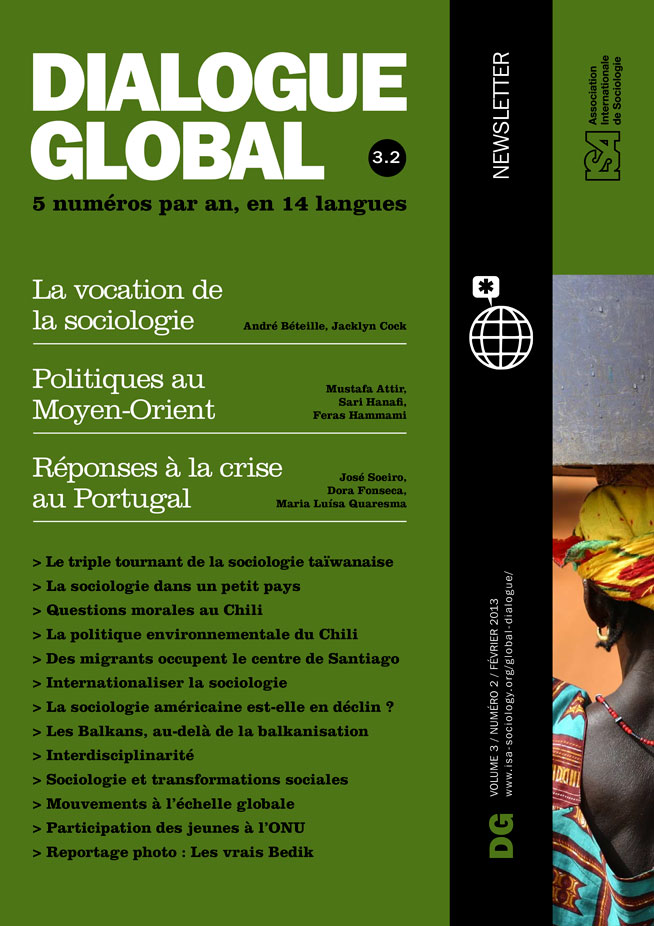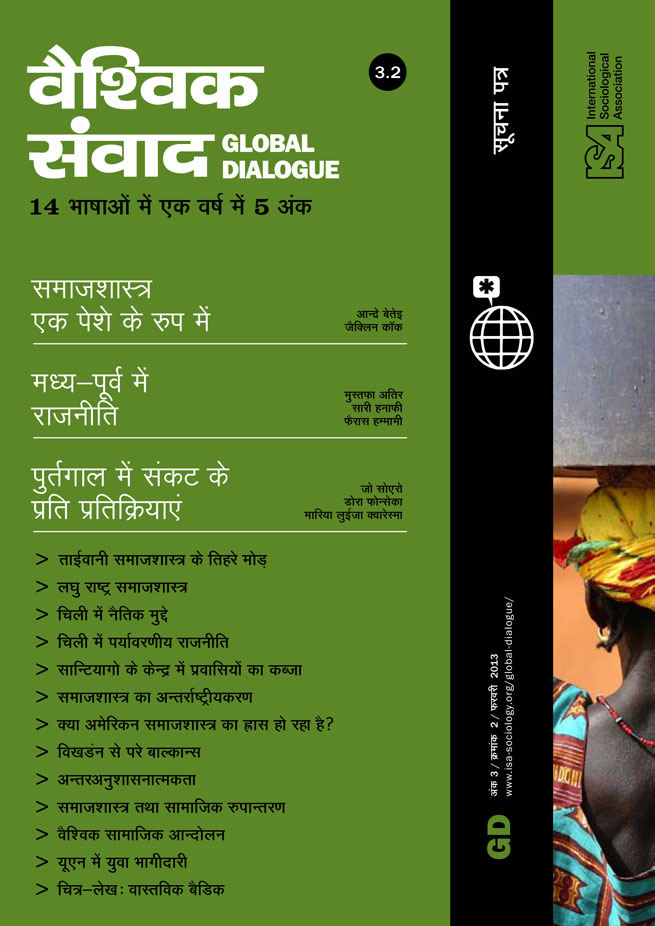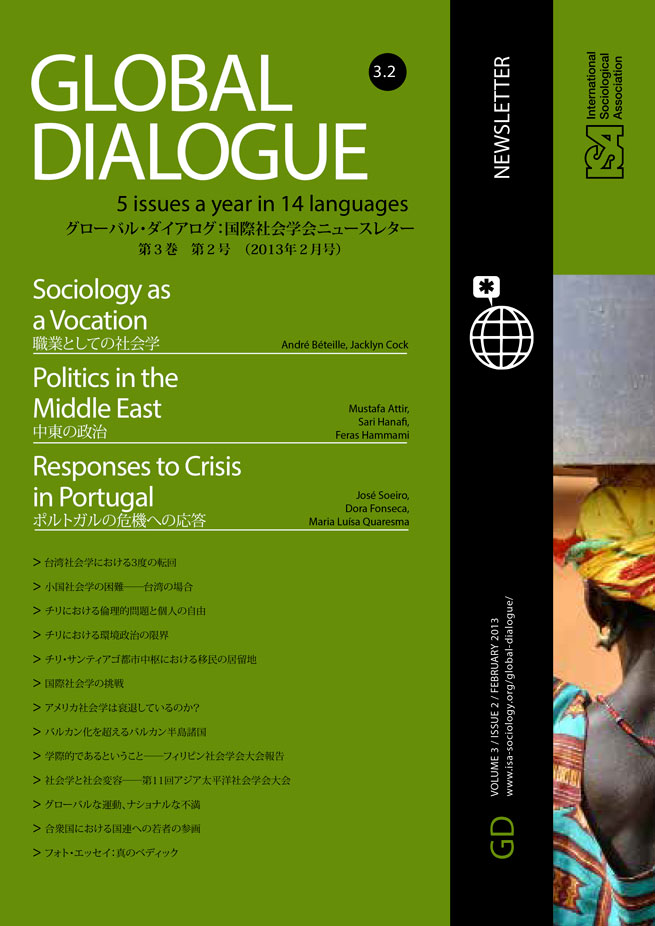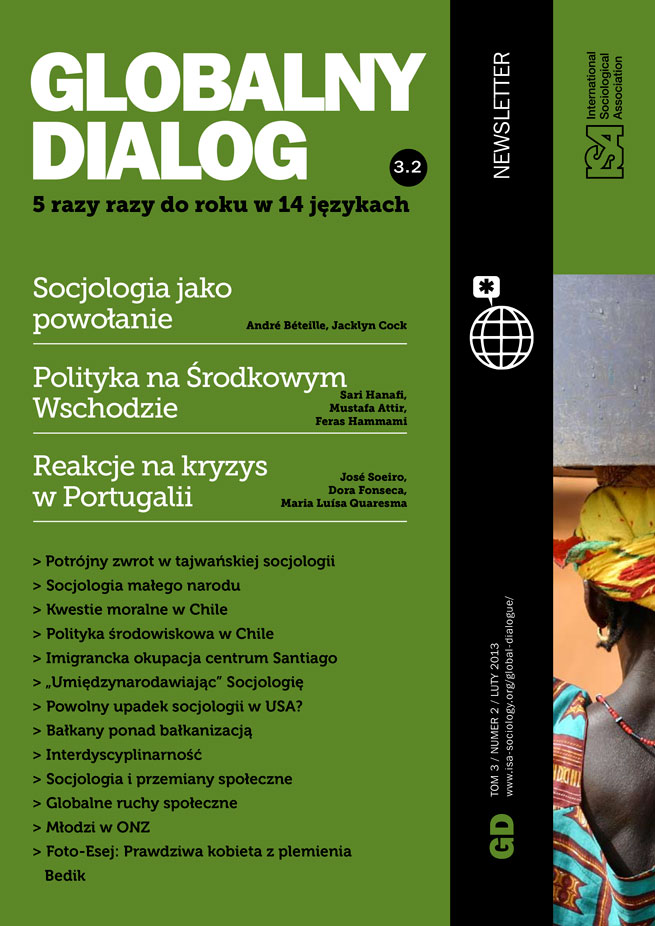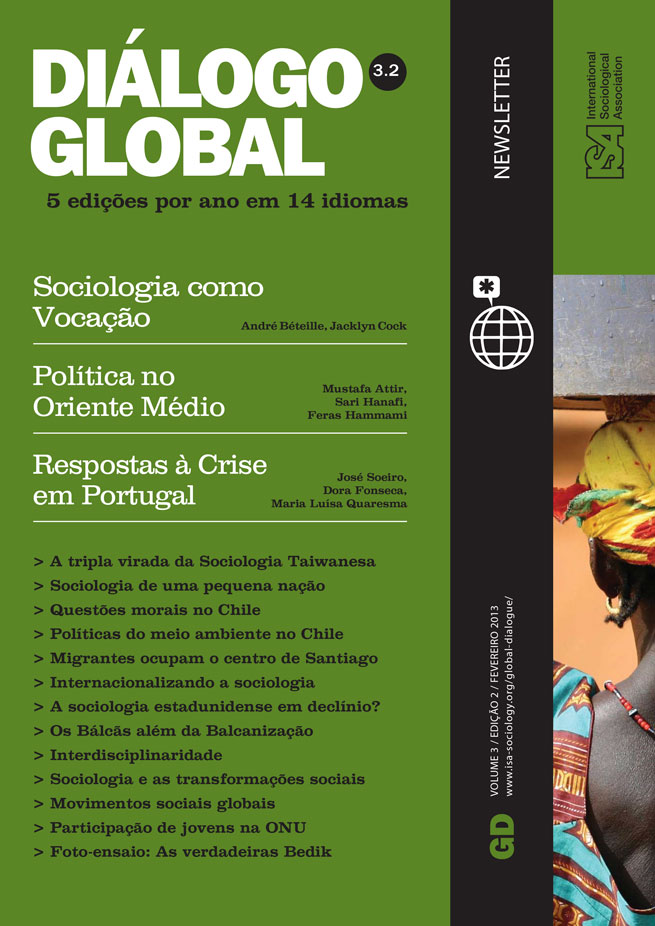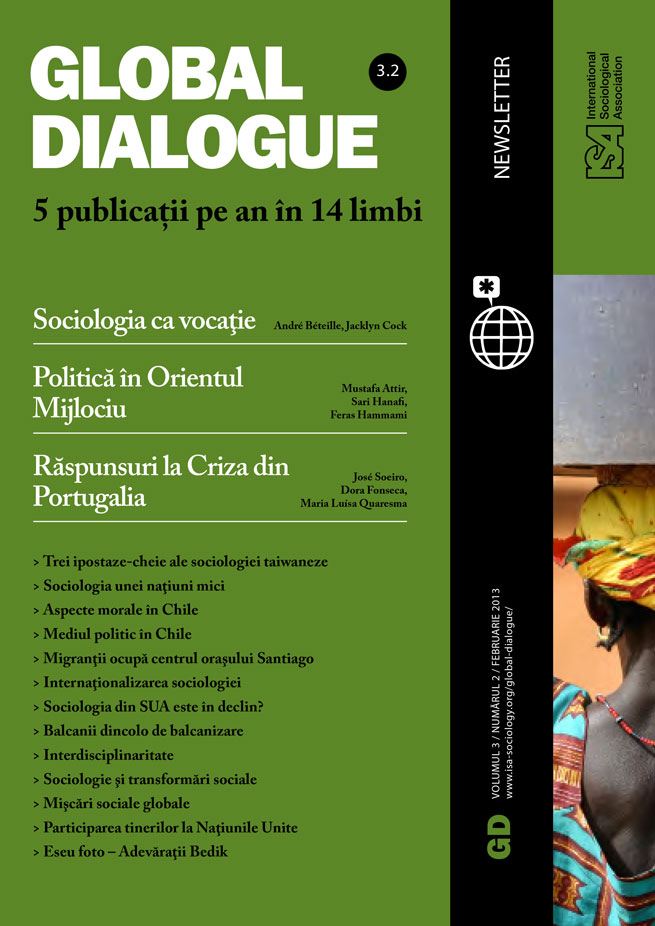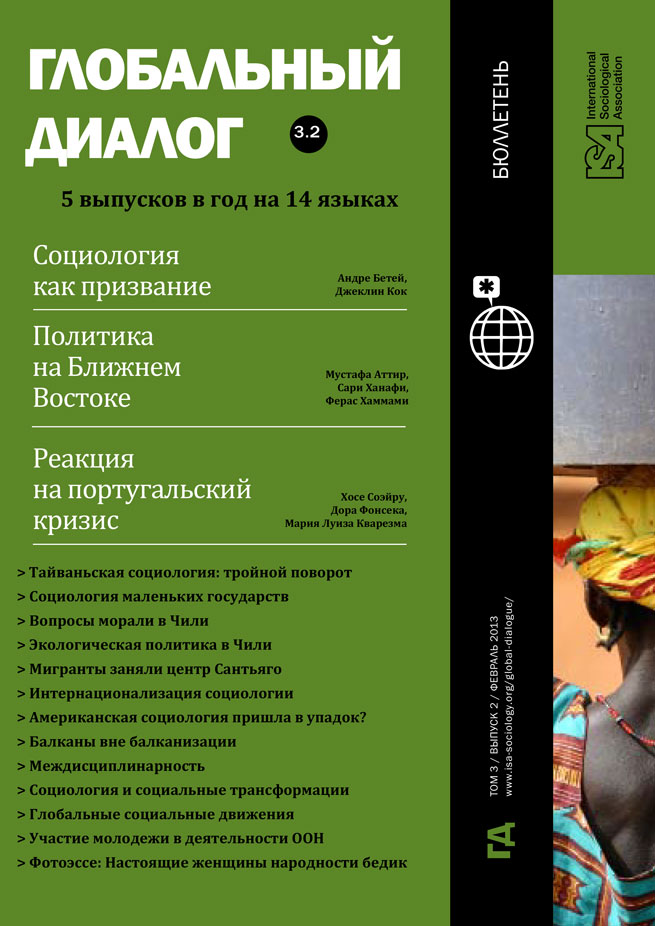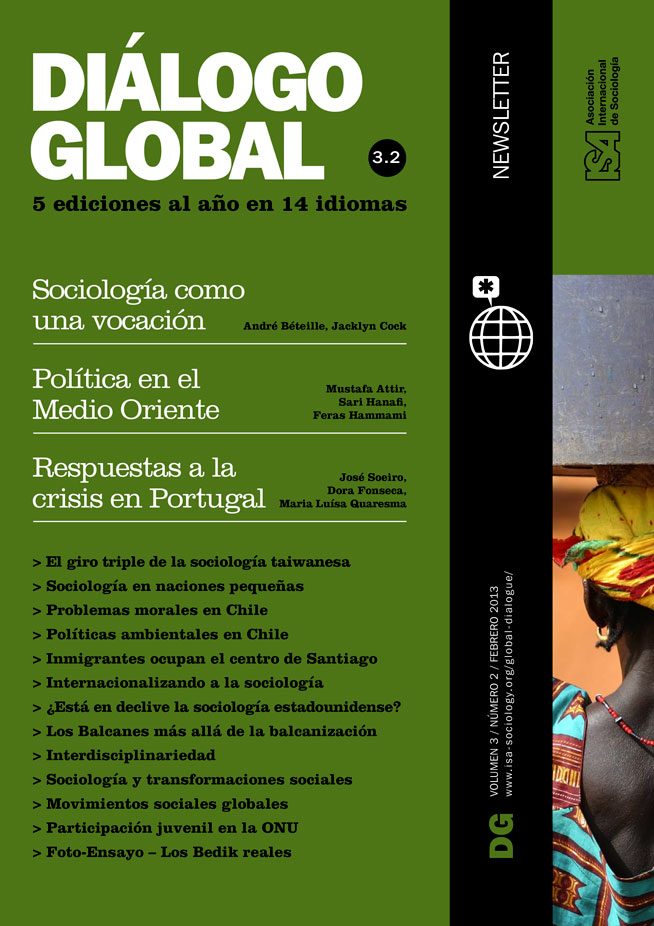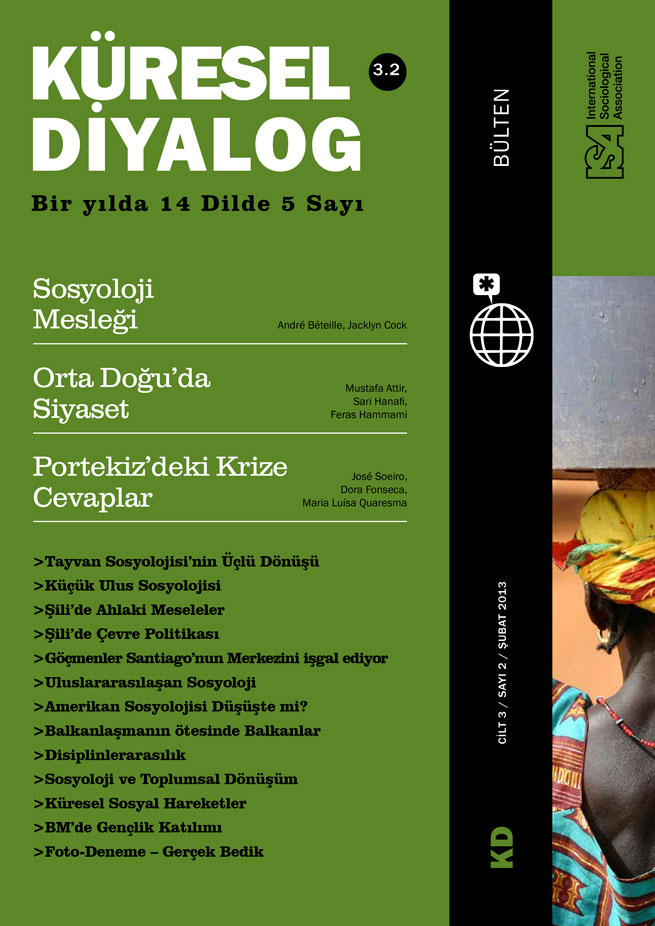The Limits of Environmental Politics in Chile
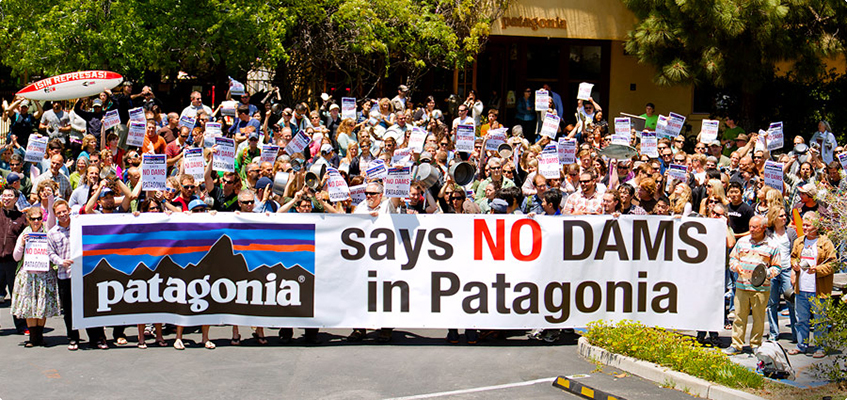
February 15, 2013
In 2011 Chile suddenly gained an important place in world news. The spread of student protests against one of the more expensive and unequal systems of higher education in the world received unexpected attention. More generally, that year marked the spread of social movements and the horizontal politicization of citizens who had passively accepted the consolidation of neoliberalism despite twenty years of democratic recovery. The new politics expressed itself not only around student protests, but also in other fields beyond the traditional distributive cleavages. The rights and the autonomy of indigenous populations and the conservation of some “commons,” regarded as an environmental heritage, drew support and solidarity from people who were not directly affected.
Numerous protests spread from local communities to massive demonstrations in the capital, Santiago, against a large-scale hydroelectric dam (Hidro Aysén) in one of the most pristine spots of Chilean Patagonia, against the installation of thermoelectric centrals, and against large-scale mining in general. A huge citizens’ movement started to question not only the direction of environmental policy in the country, but more broadly energy policies and their linkages to an extractive and profoundly non-sustainable accumulation model. In this sense, Chile, viewed as one of the first and relatively successful neoliberal experiments in the world, suddenly reveals itself as a laboratory of ecological modernization for semi-peripheral societies.
Chile’s environmental policy-making is no more than 10 years old, arguably starting after the crisis of salmon cultivation in the Southern Pacific. It is essentially reactive in nature, acting primarily after the fact: it does not contribute to the formation of public agenda, but rather evaluates, mitigates, or even justifies pre-established agendas around productive or extractive investment. Policies serve to reproduce and legitimate the extraction of raw materials, which is the basis of Chile’s current relative wealth. Salmon cultivation, timber, and minerals are Chile’s main exports. They are the object of environmental regulation with three essential aims: the protection of the resource (but not of the surrounding ecosystem); the control of socio-environmental conflicts; and the safeguarding of the investors’ interests and juridical security. Environmental policies focused on these extractive resources involve three fundamental actors: the investor (usually a transnational corporation); the State as an enabler that also authorizes an investment project; experts (think tanks or agencies of environmental impact assessment), who provide scientific legitimacy for a given project. These actors are connected through strong networks: an intra-elite alliance dominating the field of environmental politics, while civil society and ordinary citizens are relegated to the role of observers.
My project seeks to analyze how this network consolidates itself in a dominant discourse (mainly the discourse of Corporate Social Responsibility), organized around a privileged institutional arrangement (Voluntary Agreements), and using Environmental Impact Assessment to legitimize and reproduce its domination of the environmental policy field. In this context, progressive and democratic ideals such as accountability, transparency, and participation have been reduced to an instrument for the separation of state, market and civil society, promoting flexible partnerships and self-regulation. A collective learning process has certainly begun and some measure of democratization has occurred as well, but in the form of a “surveilled learning process” under the tutelage of weak democratic processes. The question this raises is whether the limitations are only due to “simple” instrumentalization by a corporatist coalition of elite groups or whether it is related to the ideals (accountability, transparency, and participation) themselves that, in the final analysis, are less progressive and democratic than usually assumed. A more sensitive and active citizenship is at least bringing innovative questions to the public sphere, taking politics beyond established institutions and into the streets and the mediascapes.
(This project is part of a broader project “Formal institutions and informal networks in public policies in Chile”, FONDECYT No. 1110428, coordinated by Patricio Miranda.)
Alejandro Pelfini, Universidad Alberto Hurtado, Santiago, Chile, and FLACSO-Argentina

